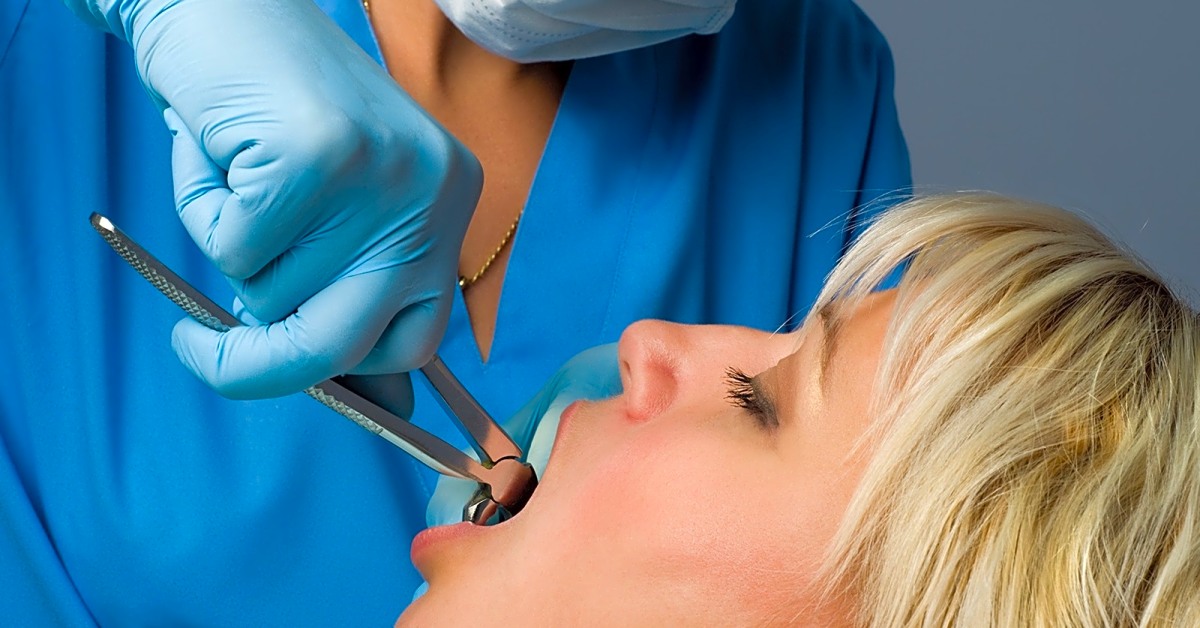The main reason why dental bridges fail is lack of oral care. Without proper oral care, bacteria can get under the bridge through the crowns and thus lead to tooth decay on your natural teeth (or abutment teeth). The most common reason for dental bridge failure is poor oral hygiene. Bridges must be carefully cleaned by the patient.
If you don’t brush thoroughly twice and floss once a day, you’re putting your bridge at risk. It is important that you maintain healthy gum tissue on the surrounding teeth that support the bridge. In this situation, repair work would have to be carried out on the supporting teeth and a new dental device would have to be manufactured that fits the repaired teeth exactly. In addition, you should always keep to your scheduled dental visits and have open and honest discussions with your dentist and hygienist about your dental health issues.
If you have any damage to a dental bridge or crown, contact your dentist and make an appointment as soon as possible. Therefore, sensitivity in the teeth or gums around a dental bridge may be a sign that your dental bridge needs to be repaired. A common challenge with any type of bridge construction is the difficulty of making the artificial teeth look individual and natural — as if they actually come out of your gums like the rest of your teeth. While there are plenty of online resources to help you tighten your dental bridge at home, it’s important for your health and safety to get advice from a professional.
The case shown on the right is an example of a defective bridge that has been replaced by individual crowns with dental implants for the missing teeth. For example, in the event of an accidental impact on the jaw that causes severe pain, cuts, bleeding, sudden headaches, lost teeth, or other intense symptoms that show no signs of abating, you should take immediate action. If you’re missing teeth, dental bridges are an excellent solution to restore your smile and confidence. Because these two types of dental equipment rely on a stable, solid base of natural teeth to support them, tooth decay on these teeth can cause the structural integrity of the bridge or crown to be compromised.
A broken tooth crown or bridge can be a serious oral health issue and should be treated as soon as possible. Left untreated, a cracked or damaged dental device can continue to cause long-term problems and more serious effects on your overall dental health. Therefore, it is always best to act quickly. If you find that a dental bridge or crown is damaged in your mouth, you should first avoid making the problem worse by not applying pressure to the area and not chewing on the affected area. Wardlaw is a member of numerous professional associations, including the American Dental Association and the Academy of General Dentistry.
Here you can find out how dental bridges are damaged, when a dental bridge needs to be repaired, how to repair a dental bridge and what care instructions can help you prevent bridge failure. Intermittent or irregular dental care habits can exacerbate this problem and lead to tooth decay more quickly and increase the likelihood that the crown or bridge will need to be repaired sooner.

